8 Surprising Cases of Outdated Tech in Use Today
We often upgrade our gadgets every few years, whether it's for the latest iPhone, a lagging processor, or a graphics card that struggles with new games. Yet, old hardware doesn't always end up discarded or resold. Many outdated devices still function and play essential roles in unexpected ways. Here are eight fascinating instances where vintage tech continues to hold its own.
Table of Contents
- Retro Computers Mining Bitcoin
- A Reliable Mechanic’s Assistant Since the '80s
- Vintage Tech as a Bakery POS System
- Outdated Systems Managing Nuclear Arsenals
- Windows XP Powers Multi-Billion Dollar Aircraft Carrier
- Critical Airport Infrastructure Fails Due to Legacy Software
- Classic Hardware Used for Cutting-Edge Research
- Nostalgia Keeps Old Systems Alive
Retro Computers Mining Bitcoin
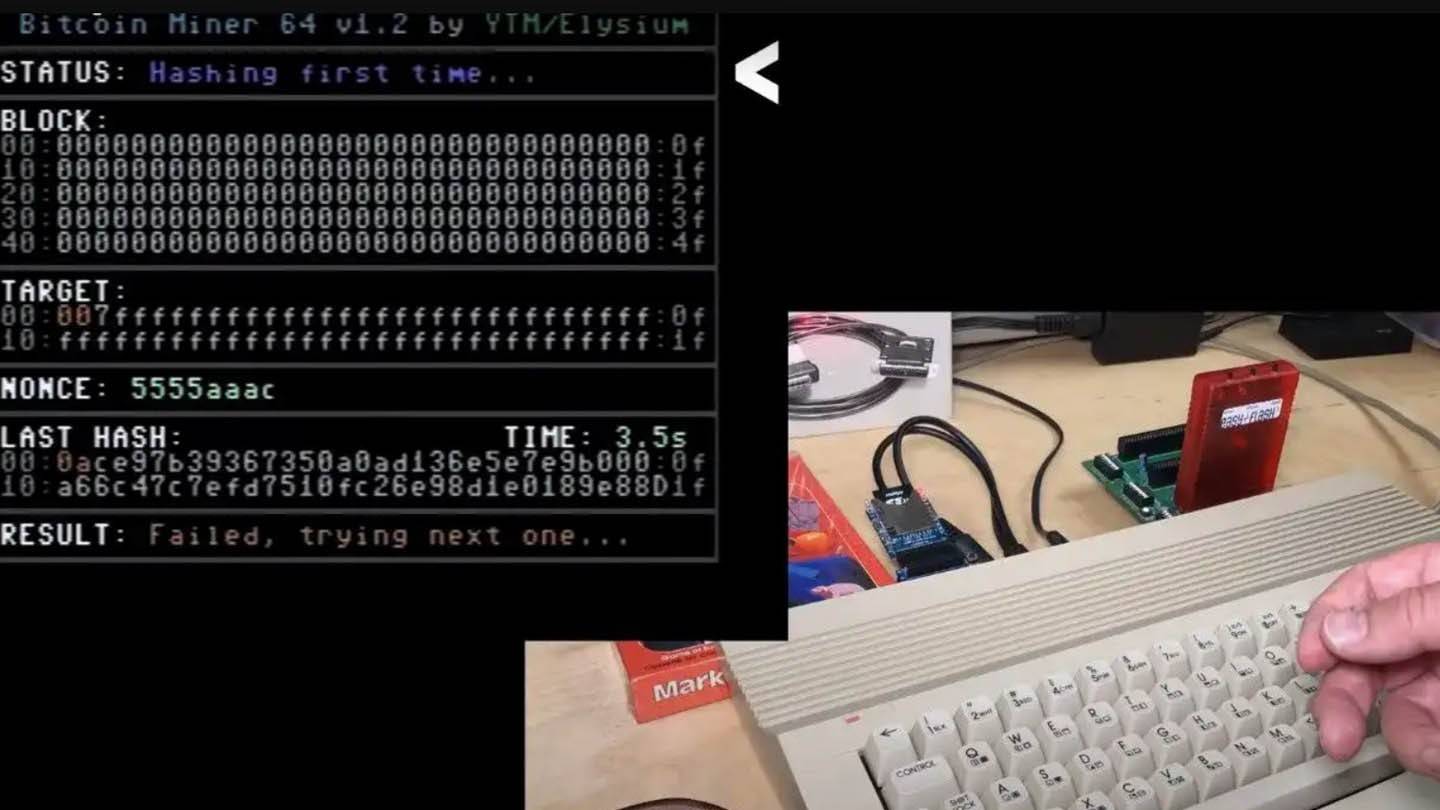 Image: x.com
Image: x.com
An enthusiast showed that a Commodore 64 from 1982 can mine Bitcoin, albeit at a snail's pace. Its 8-bit, 1 MHz processor manages just 0.3 hashes per second, while an RTX 3080 GPU processes 100 million hashes per second. Mining one Bitcoin with the C64 would take about a billion years.
Similarly, YouTuber stacksmashing attempted to mine Bitcoin with a 1989 Nintendo Game Boy. By connecting it to the internet via a Raspberry Pi Pico microcontroller, he achieved a slightly faster rate of 0.8 hashes per second. However, this is still 125 trillion times slower than modern ASIC miners, meaning it would take longer than the universe has existed to mine one Bitcoin.
A Reliable Mechanic’s Assistant Since the '80s
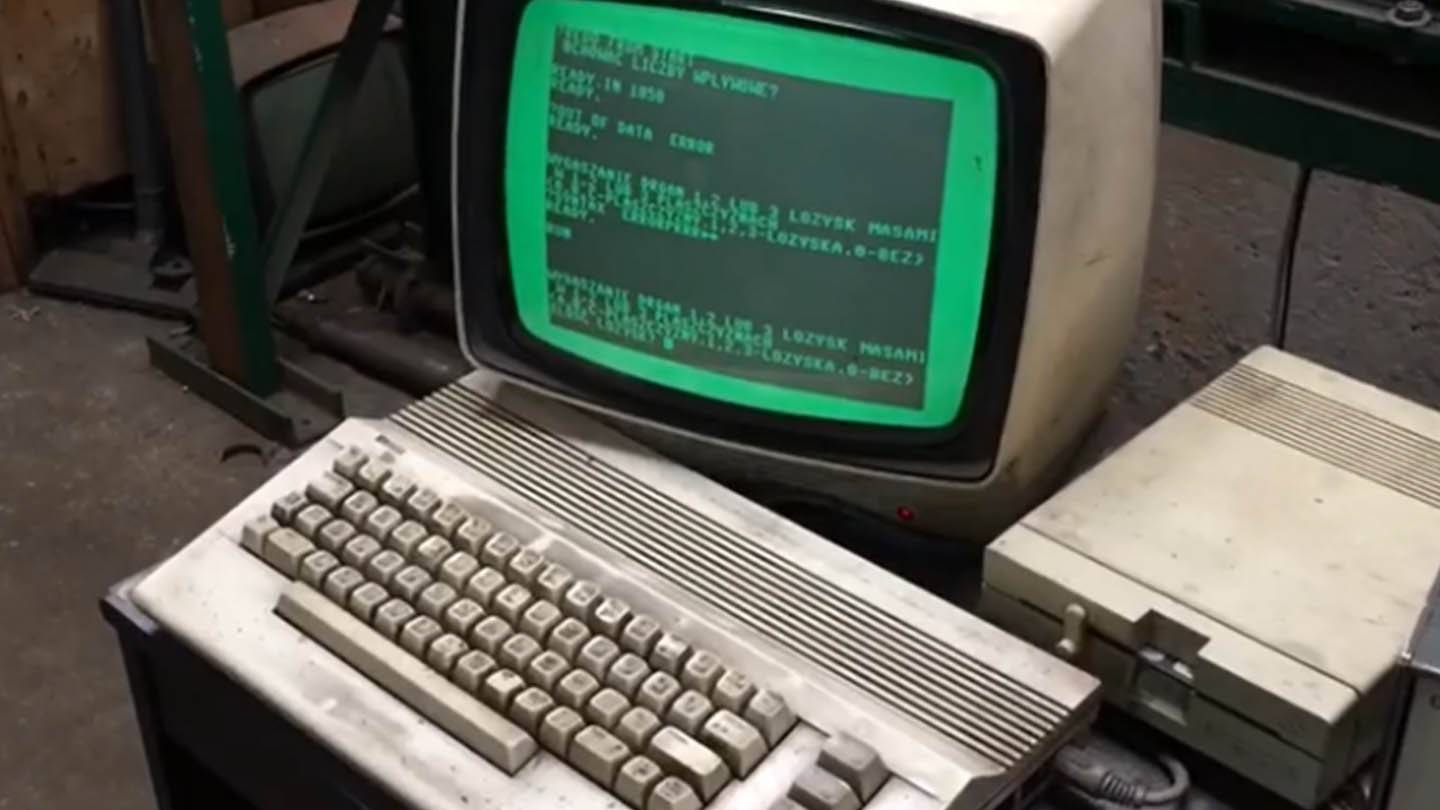 Image: x.com
Image: x.com
In Gdansk, Poland, a Commodore 64C has been a steadfast assistant to mechanics for over thirty years. Despite surviving a flood, this computer continues to perform drive shaft calculations flawlessly. With its 1 MHz CPU and 64 KB of memory, the C64C runs custom software developed by the business owner, proving that older technologies can outlast their modern counterparts.
Vintage Tech as a Bakery POS System
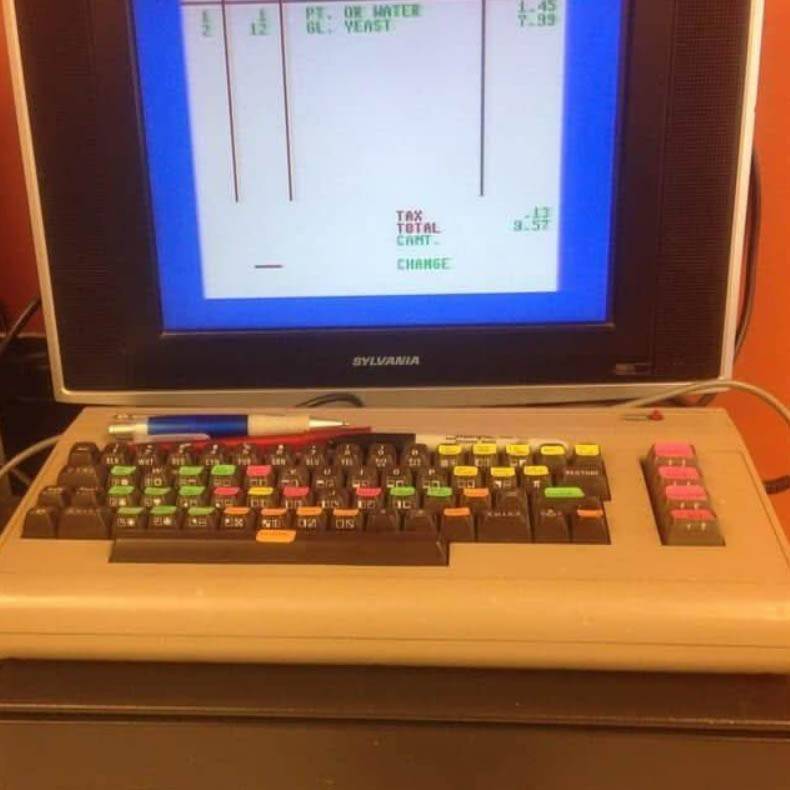 Image: x.com
Image: x.com
A bakery in Indiana has been using a Commodore 64 as its point-of-sale (POS) system since the 1980s. Affectionately known as the "breadbox," this computer serves as an online cash register. Unlike modern POS systems that often face software update issues, the C64 remains reliable, requiring only updated keyboard labels for baked goods.
Outdated Systems Managing Nuclear Arsenals
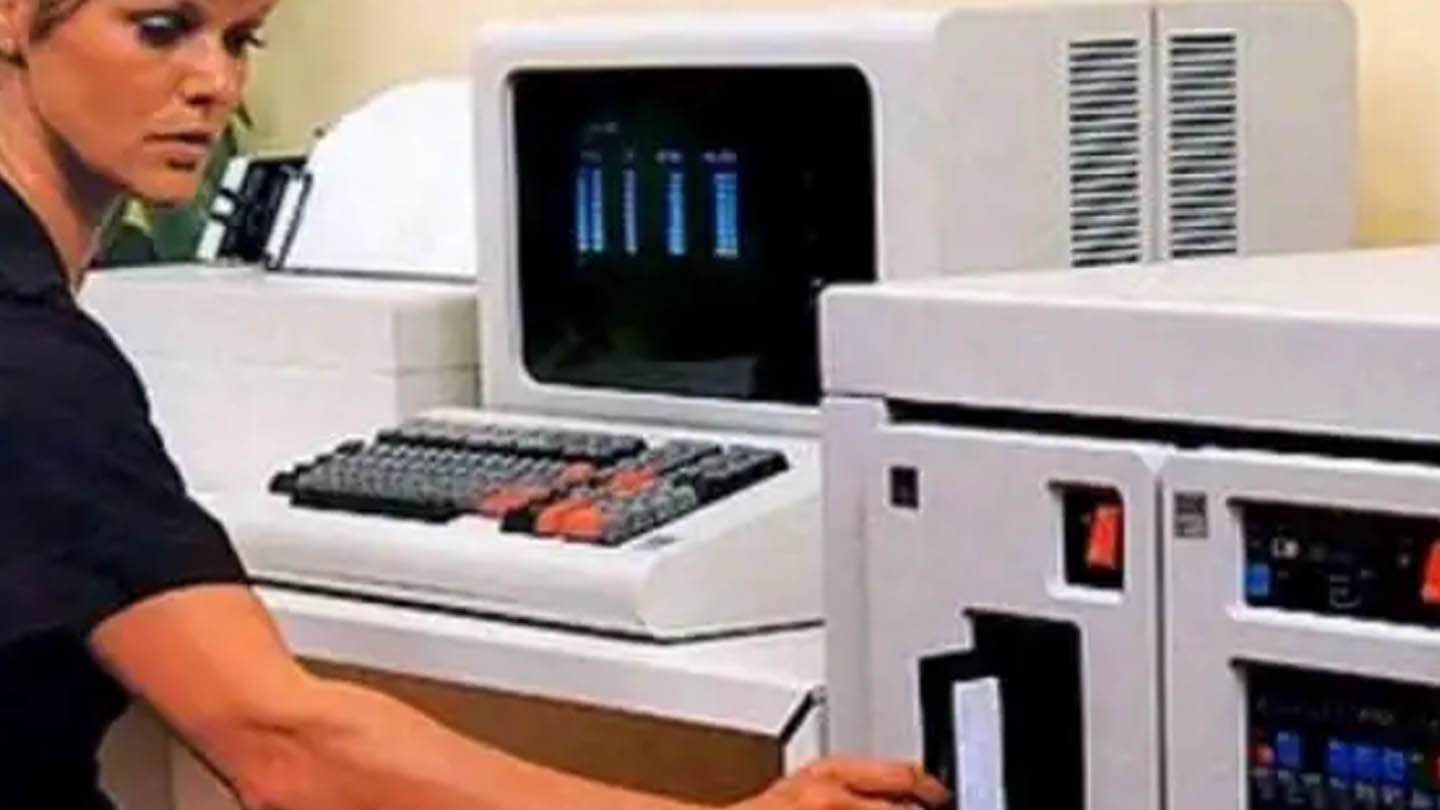 Image: x.com
Image: x.com
Surprisingly, the United States manages its nuclear arsenal with an IBM computer from 1976, using 8-inch floppy disks that store about 80 KB of data—less than the average instant message. Although modernization plans exist, the system's proven reliability keeps it in use.
Similarly, Germany's naval fleet uses 8-inch floppy disks on its Brandenburg-class frigates, despite their 1990s construction and state-of-the-art weaponry. Efforts to upgrade include installing floppy disk emulators, but nostalgia seems to keep the original system alive.
Windows XP Powers Multi-Billion Dollar Aircraft Carrier
 Image: x.com
Image: x.com
The British aircraft carrier HMS Queen Elizabeth, costing billions, runs on Windows XP, an operating system that ended support in 2014. The Royal Navy insists on having necessary security measures in place, but reliance on such outdated software raises concerns.
Britain's Vanguard-class submarines Victorious, Vigilant, and Vengeance also use Windows XP for intercontinental missile management. These systems remain offline for security reasons, with updates not planned until 2028.
Critical Airport Infrastructure Fails Due to Legacy Software
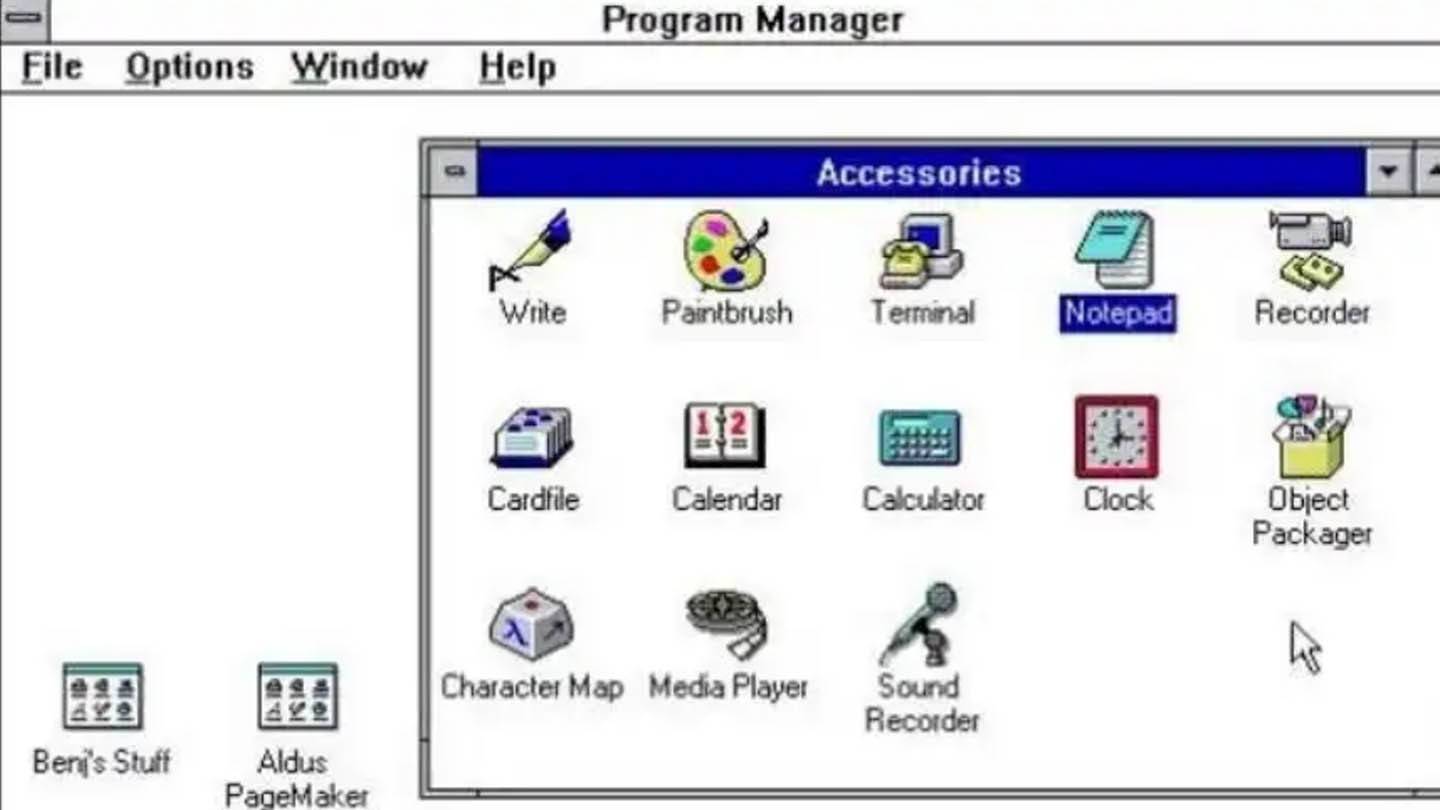 Image: x.com
Image: x.com
In 2015, Paris Orly Airport faced a crisis when a computer running Windows 3.1 from 1992 crashed. The DECOR software, responsible for providing pilots with weather data, failed, causing flight suspensions for safety reasons. Users humorously suggested the computer simply wanted to upgrade to Windows 95.
Classic Hardware Used for Cutting-Edge Research
While not mentioned explicitly in the original article, classic hardware like the Commodore 64 is often used in educational settings to teach programming basics or simulate simple physics experiments. Their simplicity makes them ideal for understanding fundamental computing principles.
Nostalgia Keeps Old Systems Alive
Beyond practical applications, many organizations retain legacy systems out of habit or nostalgia. Whether it's maintaining compatibility with existing workflows or avoiding costly upgrades, these decisions highlight the enduring value of familiar tools.
These examples illustrate how outdated technology continues to serve critical functions across various industries. From gaming consoles mining cryptocurrency to ancient computers guiding global defense systems, legacy tech proves surprisingly resilient. While upgrades may eventually replace them, these devices remind us of the enduring value of simplicity and reliability.
- 1 Zenless Zone Zero [ZZZ] Codes (December 2024) – 1.4 Livestream Codes Feb 08,2025
- 2 Capcom Spotlight February 2025 and Monster Hunter Wilds Showcase: Everything Announced Mar 05,2025
- 3 New LEGO Sets for March 2025: Bluey, Harry Potter, and More Mar 06,2025
- 4 Gothic 1 Remake Demo: Frame-by-Frame Comparison with Original May 01,2025
- 5 PUBG Mobile Redeem Codes for January 2025 Live Now Feb 13,2025
- 6 "Assassin's Creed Shadows Unveils Canon Mode" Apr 26,2025
- 7 Pokémon TCG Pocket Unveils Premium Pass and Trade Tokens Apr 21,2025
- 8 Roblox's RNG War TD Codes Unleashed (2025 Update) Feb 12,2025
-
Top Business Management Apps for Android
A total of 10
-
Best Racing Games to Play Now
A total of 10
-
Best Competitive Multiplayer Games on Android
A total of 10

















![Business of Loving [v0.12.5i] [Dead End Draws]](https://imgs.96xs.com/uploads/18/1719555107667e5423ef803.jpg)












